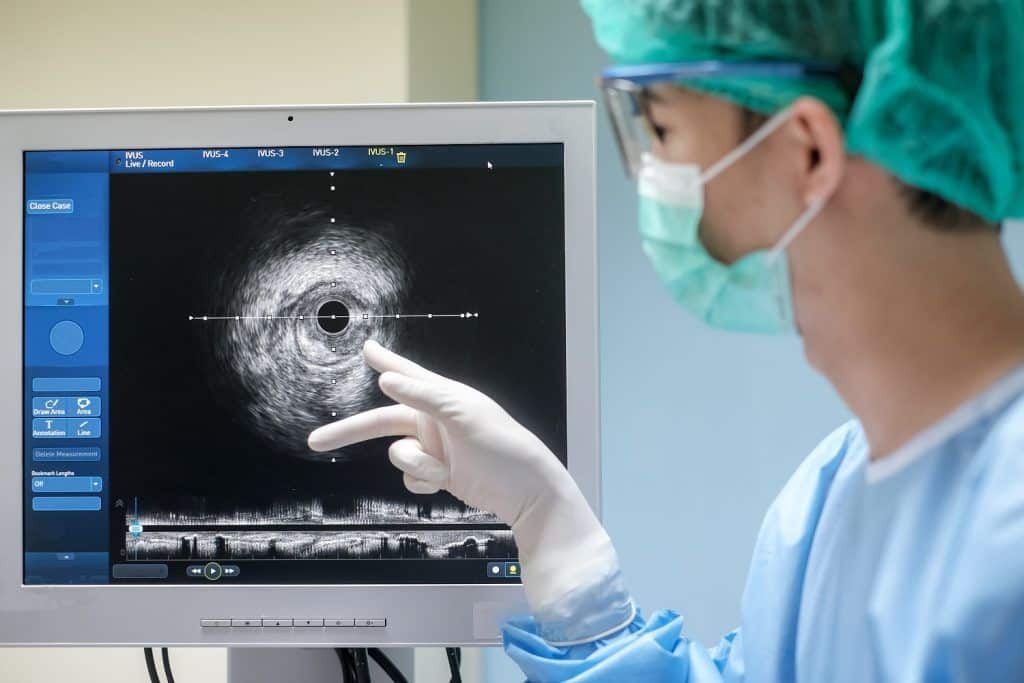As healthcare evolves, diagnostic imaging emerges as a fundamental component in the diagnosis and management of various conditions. LaSalle General Hospital’s commitment to integrating advanced diagnostic tools underscores our dedication to offering non-invasive, accurate solutions that prioritize patient well-being and recovery.
Why is diagnostic imaging important for treatment?
Diagnostic imaging technologies, including MRI, CT scans, and X-rays, provide a window into the human body, allowing for quick and accurate identification of illnesses and injuries. This clarity is indispensable for developing effective treatment strategies, particularly for complex conditions where precision is critical.
How has diagnostic imaging improved patient care?
The advent of diagnostic imaging has marked a significant leap forward in patient care. Enhanced image quality leads to better diagnosis, reducing unnecessary procedures and focusing on the most effective treatments. It has also been instrumental in tracking disease progression, offering a dynamic way to adjust treatment plans in response to patient needs.
Can diagnostic imaging replace surgical procedures?
Diagnostic imaging has the potential to reduce reliance on certain surgical interventions. For example, guided imagery can be used in some biopsies and treatments, offering a less invasive alternative to traditional surgery. However, the role of imaging as a substitute for surgery depends on the specific medical condition and overall health context.
What role does imaging play in preventive medicine?
In preventive medicine, diagnostic imaging serves as an early warning system. Screening programs, such as mammographies for breast cancer and low-dose CT scans for lung cancer, exemplify how imaging can uncover diseases before symptoms manifest, significantly impacting survival rates.
At LaSalle General Hospital, our radiology department leverages cutting-edge imaging technology to support comprehensive care from diagnosis through treatment. Our team is dedicated to employing these advanced diagnostic methods to foster a healthier future for our patients.

